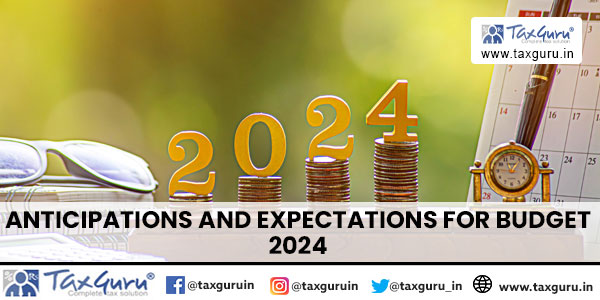Budgets means expected income and expenditures of Central Government during financial year. We know that in our country, Municipal Corporations, States Government and Central Government prepare budget for coming financial year and passed in assembly or parliament. Even railway budget was prepared separately and passed in parliament. After taking charge of parliament NDA government is presenting budget of country which includes income and expenditure of Railway Department.
After independence, the budget was announce in parliament at 4.30 pm. While since last 20 years it is announce in the morning at 11.00 am. Every year Finance Minister of the country presented the budget and thereafter there was discussion and budget was pass.
Date of presentation of budget was confirmed, that was 28th or 29th February, every year. Since last 4 years date has changed and budget was presented on last day of January, i.e.31st January every year. This year due to election it will presented on 23rd July, 2024. Budget session will start from 22nd July, 2024 and will end on 9th August, 2024.

After the Lok Sabha Elections 2024 concluded and National Democratic Alliance secured the third consecutive term at the Centre, they announce that budget 2024 will presented on 23rd July, 2024. This budget is most likely to priorities economic growth without heightening the inflation graph and bring equitable development in infrastructure, defense, and railways accelerate renewable energy and others.
Budget 2024 will be 11th Budget of Modi Government. 4 budgets were presented by Late Shri Arun Jetly, 1 budget was presented by Piyush Goel, 5 budgets were presented by Smt. Nirmala Sitaraman (including one interim budget), hence this will be 7th consequently budget presentation is a record.
We know that, before budget, people have lots of expectation for relief in various sections of various law. Now a days we have only two major Acts Income Tax Act and Goods and Service Tax Act, i.e. direct tax and indirect tax. The expectations are as under:
- Since financial year 2020-21, there are two regime of taxes, assesse have to calculate his tax in both regime and then he will decide which regime he accept. It is better that there should be only one regime.
- Deduction limit u/s 80C: The deduction limit for Section 80C, which include investment made on life insurance premium, investment made in Public Provident Fund, deduction of provident fund for salary assesse, contribution to FD, ELSS, tuition fees of children, 5 year time deposit, deposit in Senior Citizen Savings Scheme Rules 2004, etc is of rupees one lakh fifty thousand since 2014, may be increase to Rs. 2,00,000. By revising the limit it will be relief to tax payers.
- Increse Tax Exemption Limit: Taxpayers are expecting that exemption tax limit will be increase. At present exemption limit for individual and HUF is of Rs. 3,00,000 which may be increase to Rs. 5,00,000 and thereafter block should be of :
Rs. 5,00,001 to Rs. 10,00,000 10%
Rs. 10,00,001 to Rs. 20,00,000 20%
More than Rs. 20,00,000 30%
By reducing the tax rate, people will pay tax grease fully, and number of tax payer will also increase.
- Increase in Interest on Home Loan:
Government allotting house loans to many people for their own home. Now a days cost of constructing or purchasing house has increase. To have their own house, it is expected that deduction u/s 24(b), interest on home loan should be increase from Rs. 2,00,000 to Rs. 3,00,000.
By this type of relief, the chances of having own building, people will attract to buy residential house, which will also help to grow the real estate sector and boost personal finance.
- Relief to Salary persons:
Salaried individuals receive House Rent allowance exemption as an allowance, however, it is exempt only under the old tax regime (optional regime). Exemptions allowed depend on whether they reside in a metro or non-metro city. HRA is exempt is usually the lowest of the following;
1. Actual HRA received
2. Rent paid minus 10% of basic salary
3. 50% (metro city) of basic salary or 40% (non-metro cities) of basic salary.
However, metro cities like Chennai, Delhi, Mumbai and Kolkata are only include for 50%under the Income Tax Act, and the rest of them come under 40% category.
In this budget they have to reassess the rules for claiming HRA the rules for the claiming HRA, with more people relocating near metro cities.
- Social Security Fund:
Central Trade Union have presented their memorandum to set up a fund for a social security scheme providing a minimum pension of Rs. 9,000 for unorganized and agricultural workers. It is also expected to re-establish the old pension scheme.
Over and above there are much more expectation of people that Income tax Act may become easy and smooth.
Conclusion
Budget 2024 promises to be a significant milestone in India’s economic journey. With the NDA government at the helm, there are high expectations for reforms that could boost economic growth, provide tax relief, and enhance social security. The proposed changes in tax regimes, deduction limits, and interest on home loans are eagerly awaited. As the budget session unfolds, it will be crucial to see how these expectations translate into concrete policies that drive the nation’s progress.





